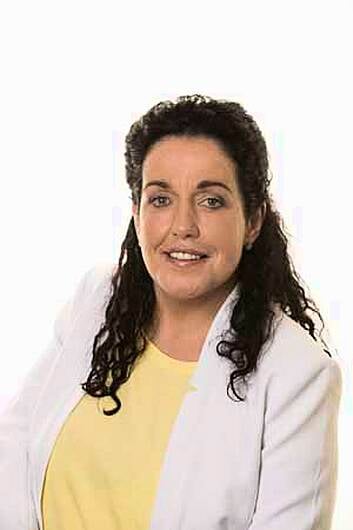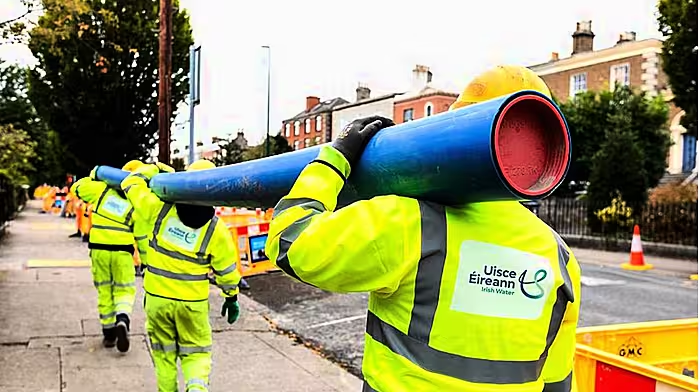There are 55 children between the ages of 5 and 18 waiting up to three months for assessment for their speech therapy needs in West Cork.
THERE are 55 children between the ages of 5 and 18 waiting up to three months for assessment for their speech therapy needs in West Cork.
New figures obtained by Fianna Fáil Spokesperson for Disability Margaret Murphy O’Mahony show that the overall waiting lists for actual treatment have also risen in 2016.
The latest figures made available by the HSE show that 14,047 people were waiting for an assessment in March, up from 13,545 in June of last year. The numbers waiting for treatment have increased from 8,326 to 8,974 over the same timeframe.
In West Cork, the biggest waiting list for assessment is in the 5-18 age group, and figures show that 35 children are waiting up to 26 weeks for assessment, with 26 waiting for up to 39 weeks, 11 waiting for up to 52 weeks, and 22 children in West Cork are waiting for more than a year to be assessed.
Assessment is the initial meeting with speech therapy staff, before a decision is made whether the child is to be placed on the waiting list.
The figures also show that there are 12 people, aged between 18 and 65, waiting for assessment for up to three months, and 55 people over the age of 65 in the same category.
There are also five children, up to age 4, waiting up to three months for assessment. It is widely agreed that early intervention in speech issues is essential for children.
West Cork Deputy Murphy O’Mahony said the figures were ‘concerning’ and show that improving access to speech and language therapy simply isn’t happening.
‘A wait of over a year is simply unacceptable when you consider the vast majority of those waiting are children, and early intervention is critical for them to support their development. To have to wait over a year or two for treatment is very damaging,’ she said.
Nationally the number awaiting treatment was equivalent to about 60% of the numbers awaiting assessment, she added.









